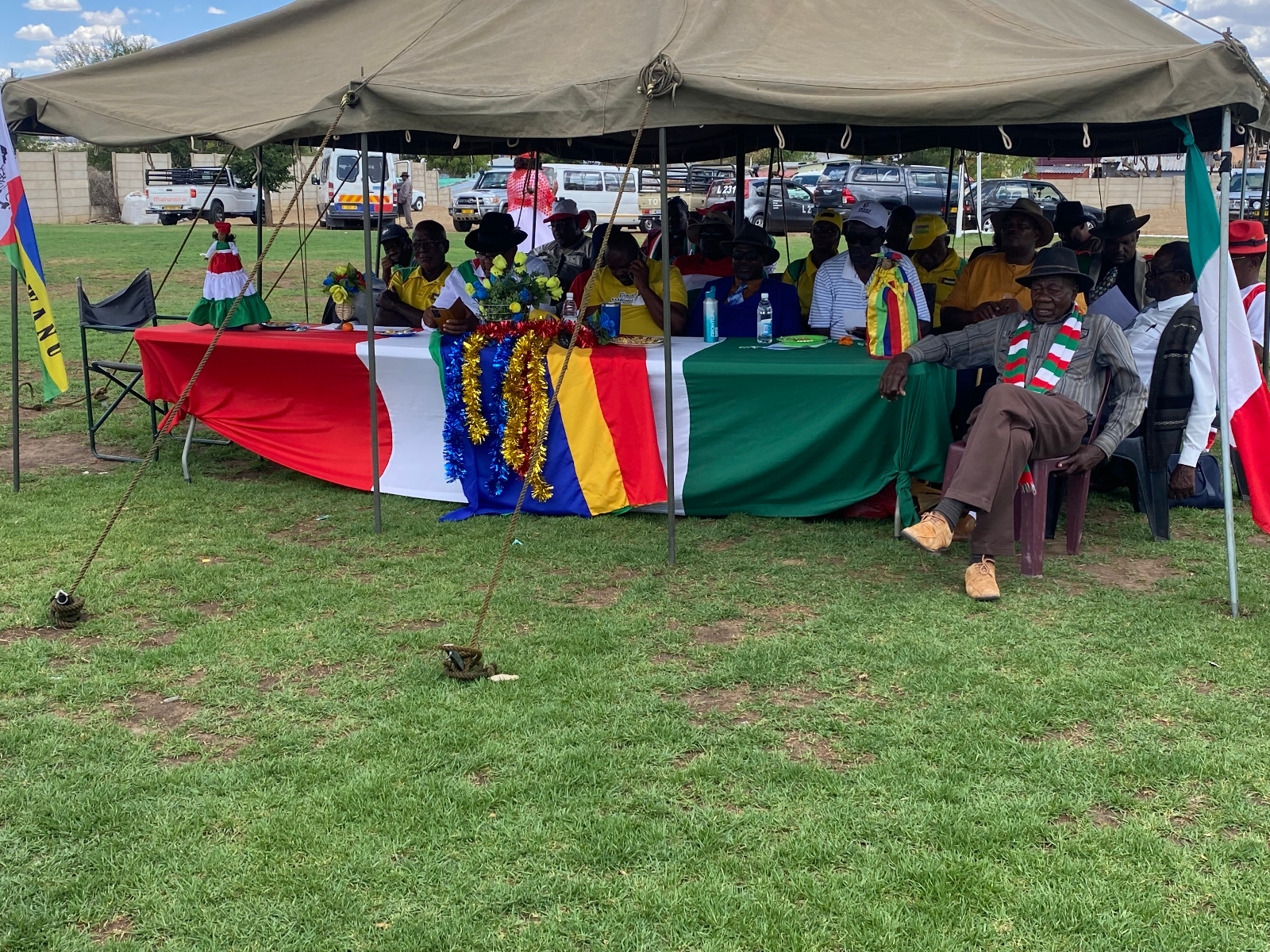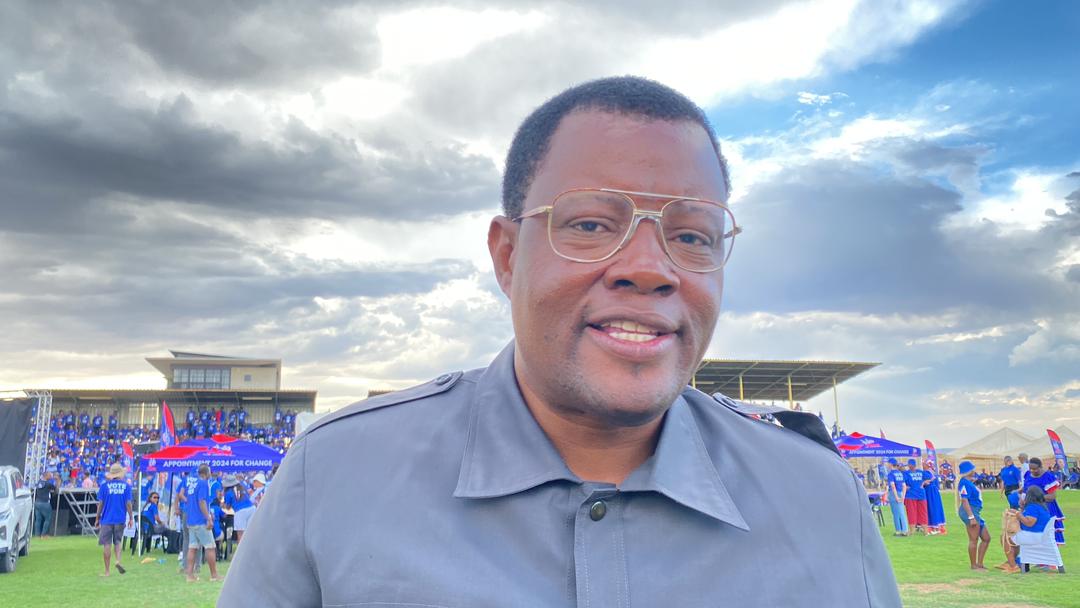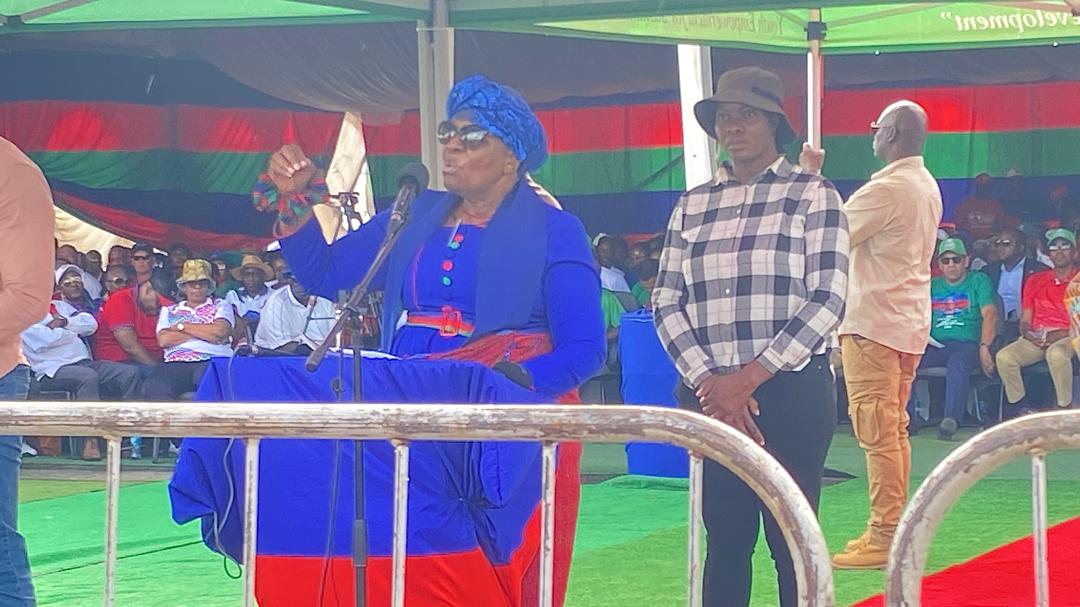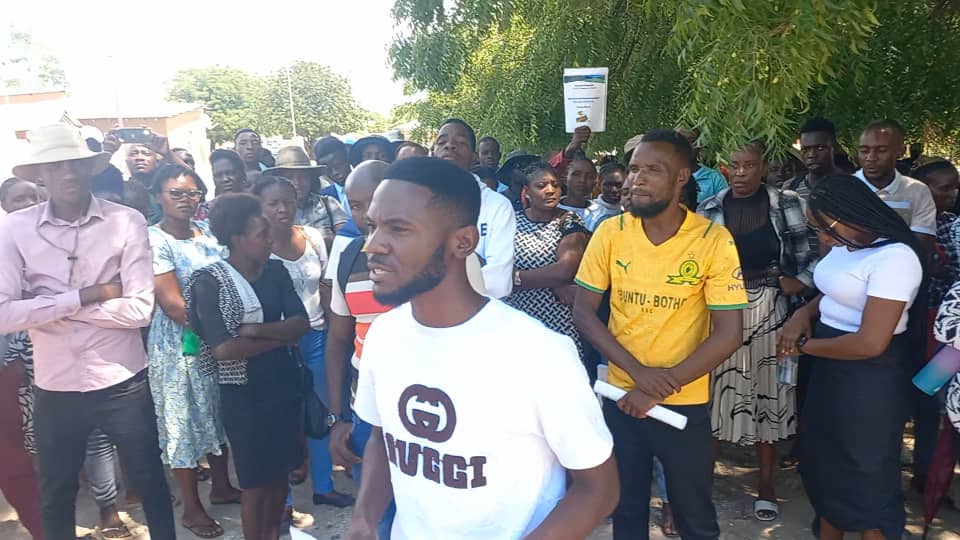Namibian youths took centre stage recently as they gathered in Windhoek to celebrate International Youth Day at the fifth annual #YouthQuakeNam23 conference.
Hosted by the Namibia Media Trust (NMT), the event provided a platform for young people to engage in discussions on community development, personal growth and digital inclusion.
Themed ‘Digital Inclusion for Youth Democratic Participation’, the conference aimed to equip young Namibians with the skills and knowledge necessary to navigate the digital landscape and participate meaningfully in the democratic process.
NMT programme coordinator Jessica /Uiras said this year’s theme places a strong emphasis on the role of technology and digital access in enhancing youth engagement in democratic processes.
“It highlights the significance of breaking down digital barriers and ensuring that all young people have equal access to digital resources. The theme recognises the transformative potential of technology in amplifying youth voices, fostering political awareness and encouraging active citizenship in the digital age,” she said.
The opening session of the conference delved into the role of Artificial Intelligence (AI)-powered democracy.
Anicia Peters, the chief executive officer of Namibia’s National Commission on Research, Science, and Technology (NCRST), encouraged young people to use AI to create positive change and to focus their proposals on AI-driven democracy. This call to action aligned with NCRST’s commitment to supporting and enabling youth-led initiatives.
E-democracy emerged as a significant tool for political engagement, enabling rapid information sharing and fostering efficient debates.
While celebrating the transformative opportunities presented by the digital landscape, conference participants also addressed the associated challenges.
Internet Society Namibian Chapter president Anna Amoomo-David believes that the internet provides platforms for young people to express themselves politically.
She encourages young people to increase their political activity online.
“The internet has platforms for young people to express themselves politically, and young people should engage,” she said. Amoomo-David continued to discuss how other countries on the African continent use the internet in undemocratic ways.
“Some African countries have internet shutdowns when citizens mobilise support or advocate political issues; this is voter suppression and is undemocratic,” she said.
The conference emphasised the critical role of digital literacy, extending beyond basic internet usage to encompass the safeguarding of personal data.
The imminent data protection bill (DPB) in Namibia, currently undergoing comprehensive public consultations, further underscored the importance of data security and privacy awareness.
In addition to its focus on digital inclusion, the conference also expanded its horizons to cover the oil and gas sector.
Reflecting Namibia’s growing status as an investment hub driven by offshore oil discoveries, the conference incorporated insights from the Women in Oil, Gas and Energy Network (Wogen) Namibia.
This Namibian non-profit organisation shared experiences of increased opportunities for women and the positive impact on knowledge-sharing within the sector.
Stay informed with The Namibian – your source for credible journalism. Get in-depth reporting and opinions for
only N$85 a month. Invest in journalism, invest in democracy –
Subscribe Now!






